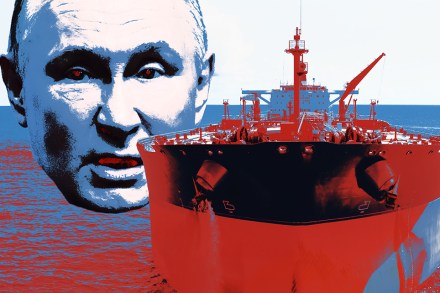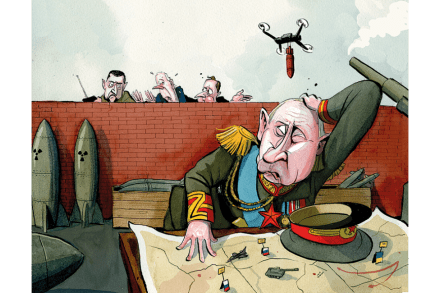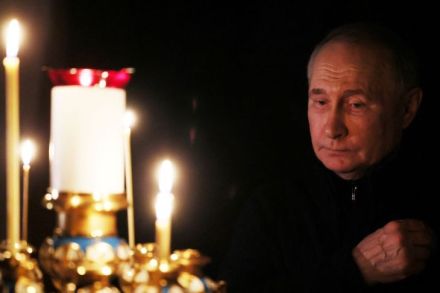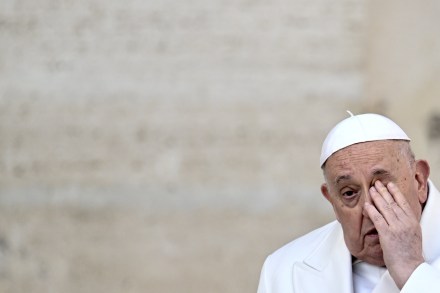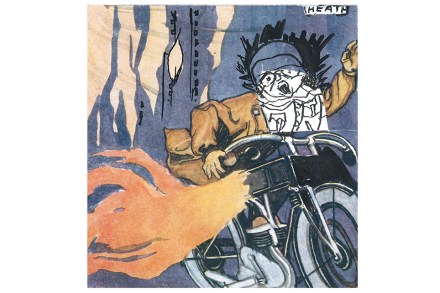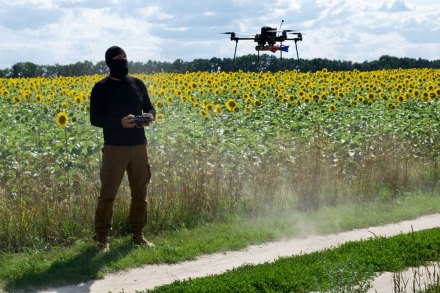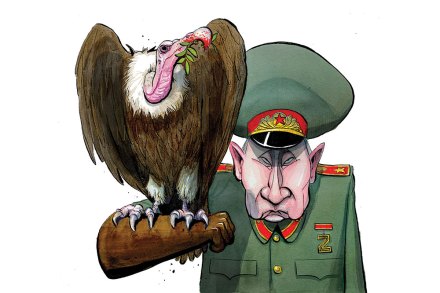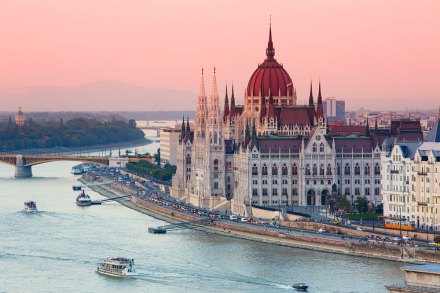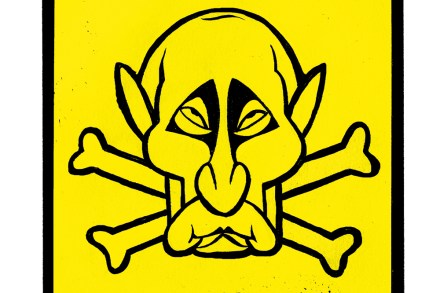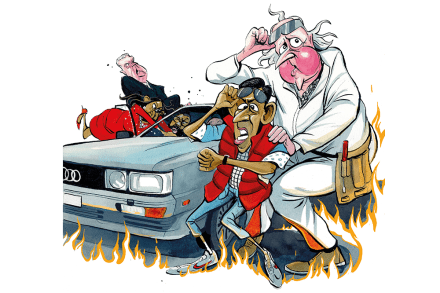Putin’s purge of his top generals
In the past month, Vladimir Putin has had five top generals arrested on corruption charges. More are likely to follow in what looks like a gathering purge by the Federal Security Service (FSB). ‘There is a fierce clean-up under way,’ a source close to the Kremlin told the Moscow Times last week. ‘There is still



